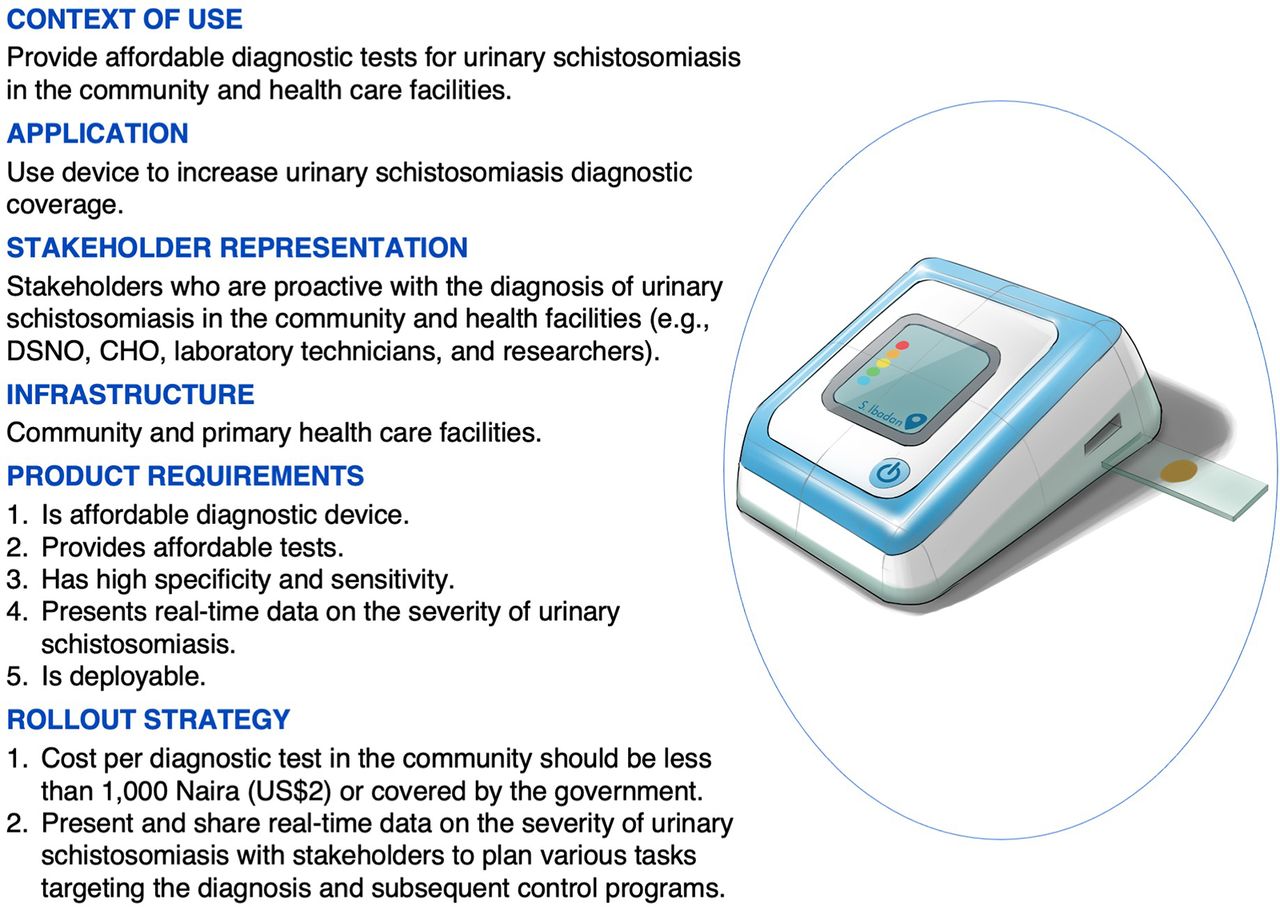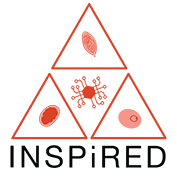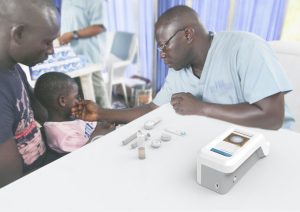This summer, our paper titled “Stakeholders’ Perspectives on the Application of New Diagnostic Devices for Urinary Schistosomiasis in Oyo State, Nigeria: A Q-Methodology Approach” was published in Global Health: Science and Practice.
This study focuses on understanding, by means of Q-methodology, the context of use and application of a new diagnostic device that is needed to effectively diagnose urinary schistosomiasis in Oyo State, Nigeria. These findings will guide the development of new diagnostic devices for schistosomiasis that match the contextual landscape and diagnostic strategies in Oyo. The full paper can be downloaded here.
Key Findings
- Q-methodology served as a rigorous tool to identify the needs and product-service design requirements of stakeholders throughout the health care system.
- Stakeholders at various levels of the health care system shared that new diagnostic devices for schistosomiasis should: be available at the point of need and require minimal infrastructure to increase diagnostic capacity and surveillance, particularly in rural or distant settings; be less expensive to make diagnostic testing more affordable; and be able to identify infection status before treatment to support the identification and prioritization of patients or areas in need of treatment.
Key Implications
- Medical device designers and technology companies should ensure the development of new diagnostic devices for health care facilities with minimal infrastructure; these devices should be affordable and deployable, as well as able to identify infection status before treatment.
- Health care systems and community stakeholders in Nigeria should continuously participate and collaborate with the design industry in the human-centered design process of new diagnostic devices to ensure that the viewpoints of stakeholders at various levels of the health care system are explored and considered in the design process.







